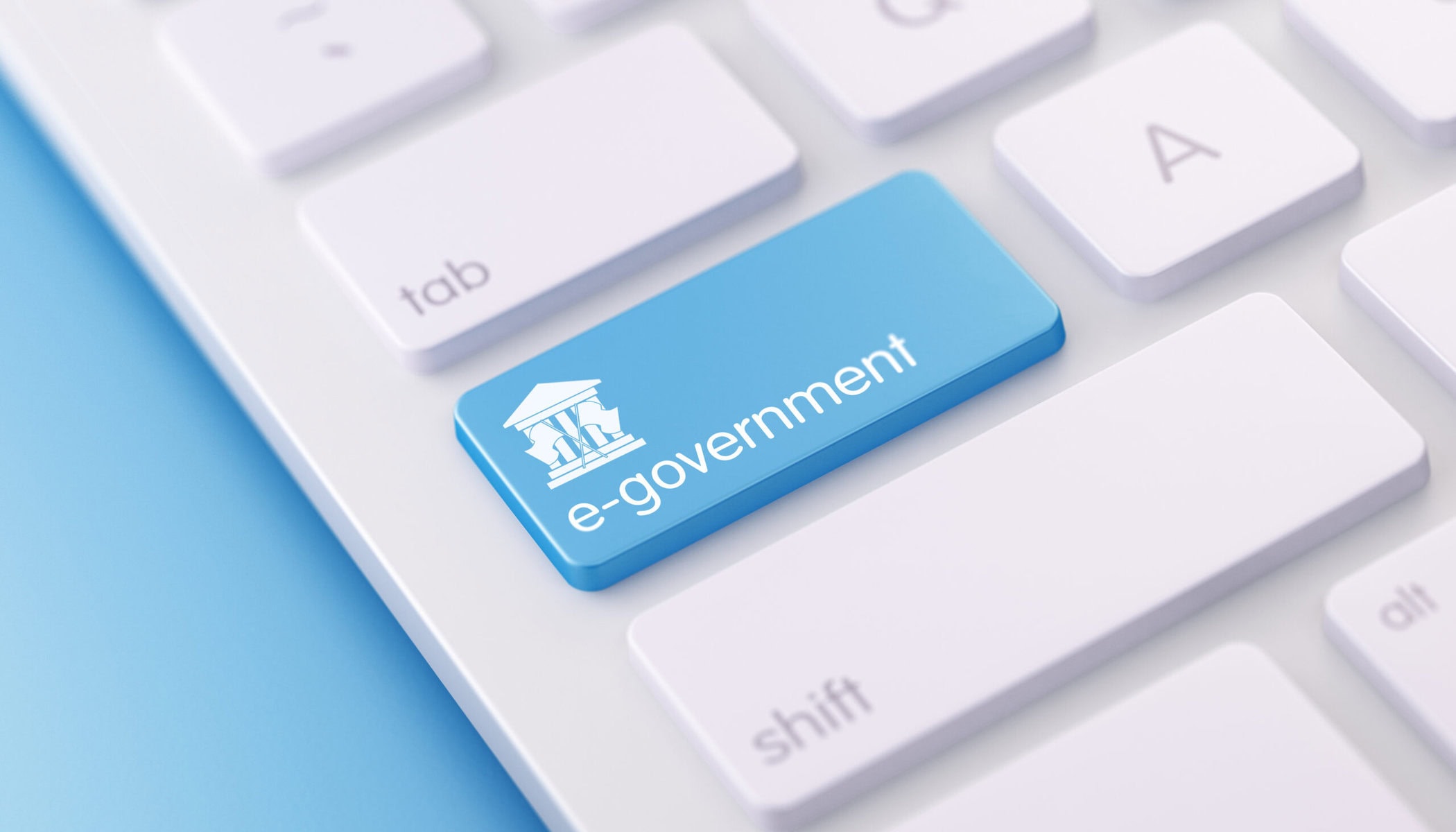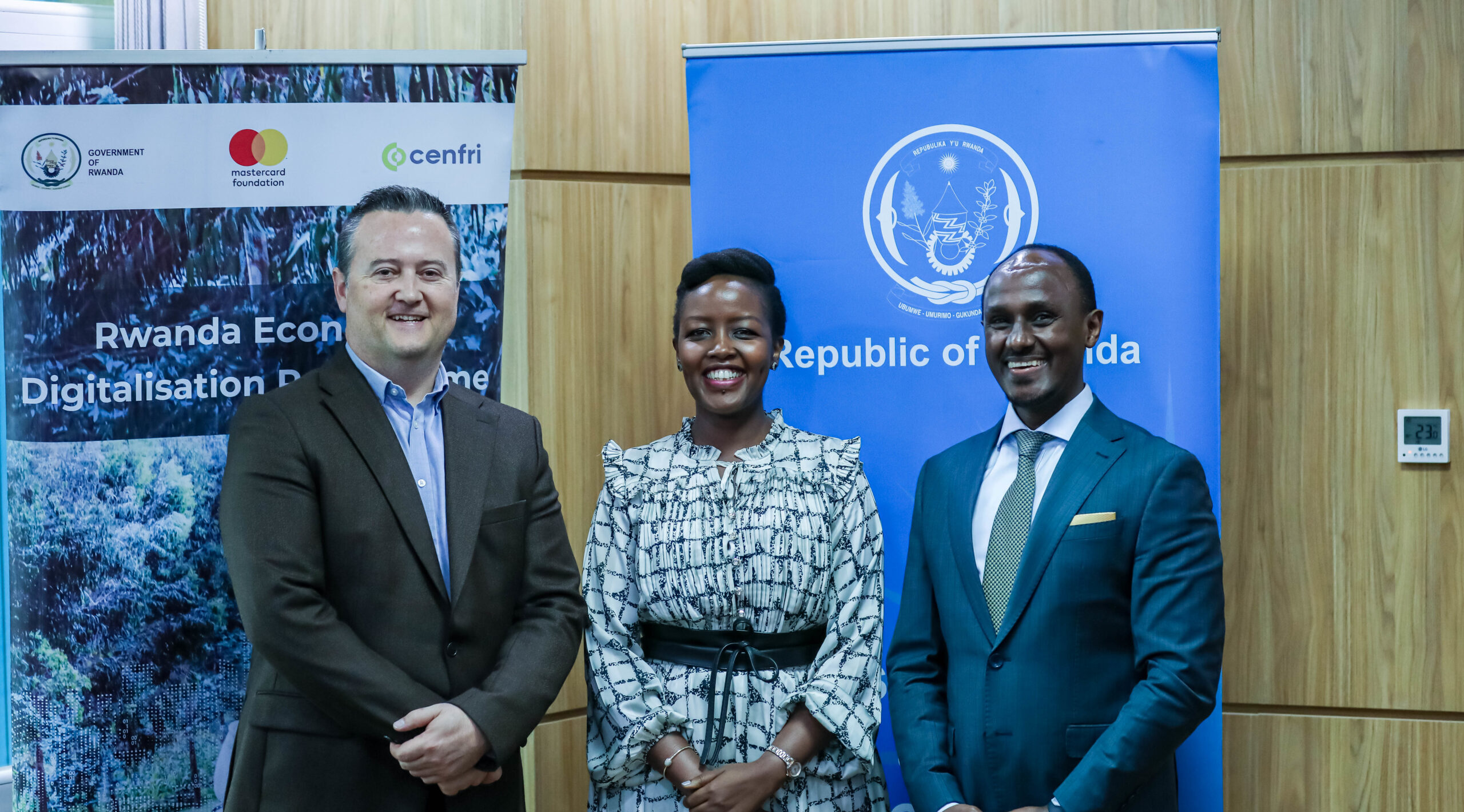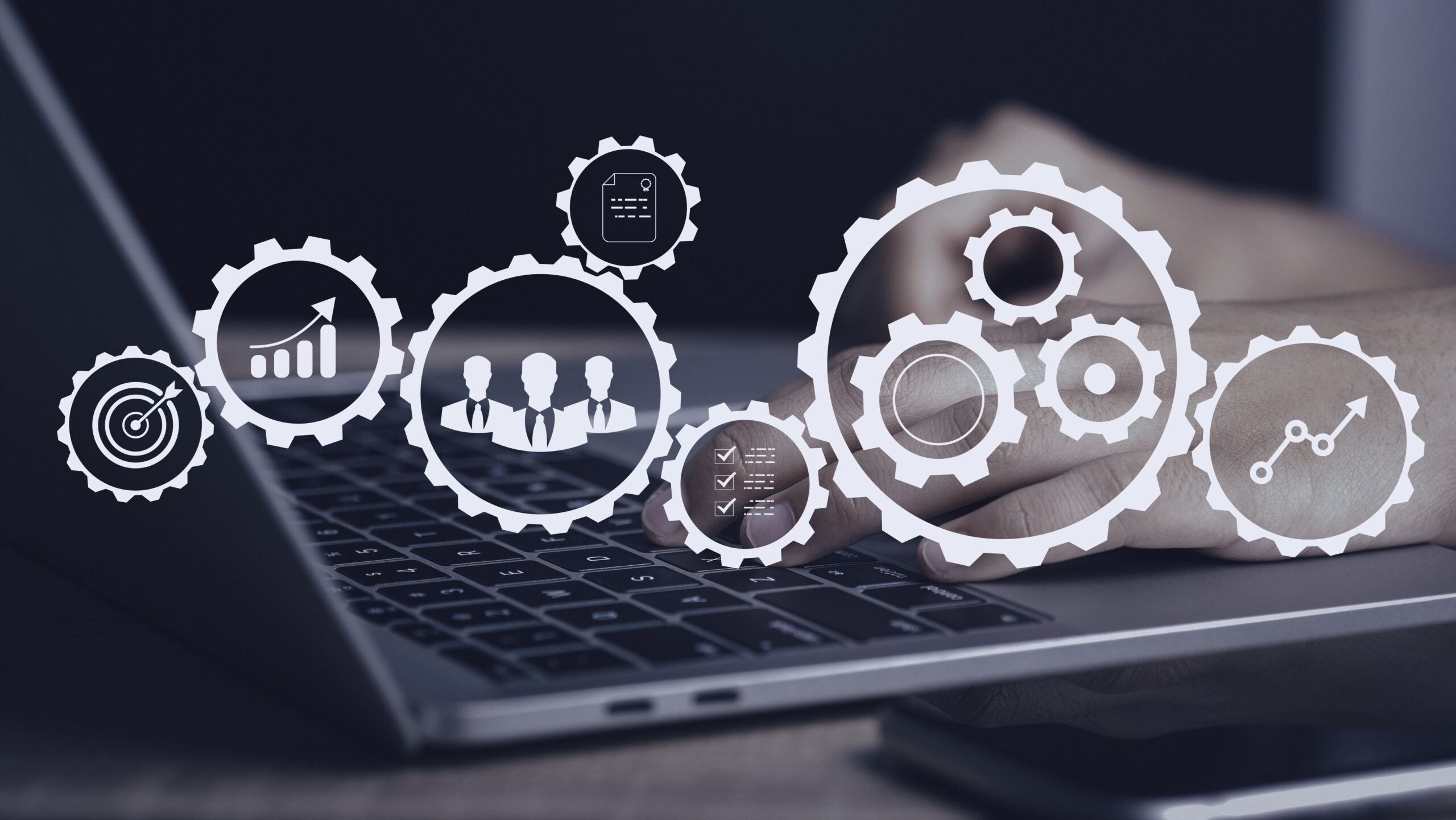
Digitisation of government services in Rwanda: Lessons from the data
Rwanda has set ambitious goals to transition from an agrarian economy to a knowledge-based one by 2050. This is operationalised through initiatives like the Smart Rwanda Master Plan. The dream is to make Rwanda the digital hub of Africa, and a key focus is the digitisation of government services through














